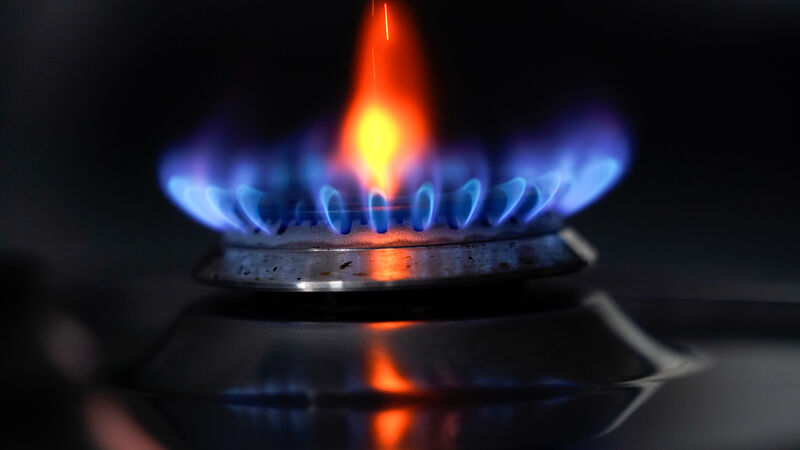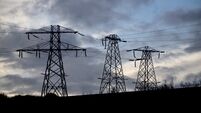Irish consumers facing energy price hikes on back of EU's proposed usage cut

Professor Lisa Ryan, Professor of energy economics at the UCD School of Economics, said the proposals focus on reducing gas over the period from August 1 until March. File picture
Irish consumers are likely to be indirectly impacted in the form of increased energy prices as a result of an EU proposal to cut energy usage by 15%.
Consumer experts have warned further energy price rises are likely as a result of the EU’s proposal for member states to cut gas use over the coming months should Russia cut-off natural gas supplies. While the initial cuts would be voluntary, the commission asked for the power to impose mandatory reductions in the event of an EU-wide alert.













